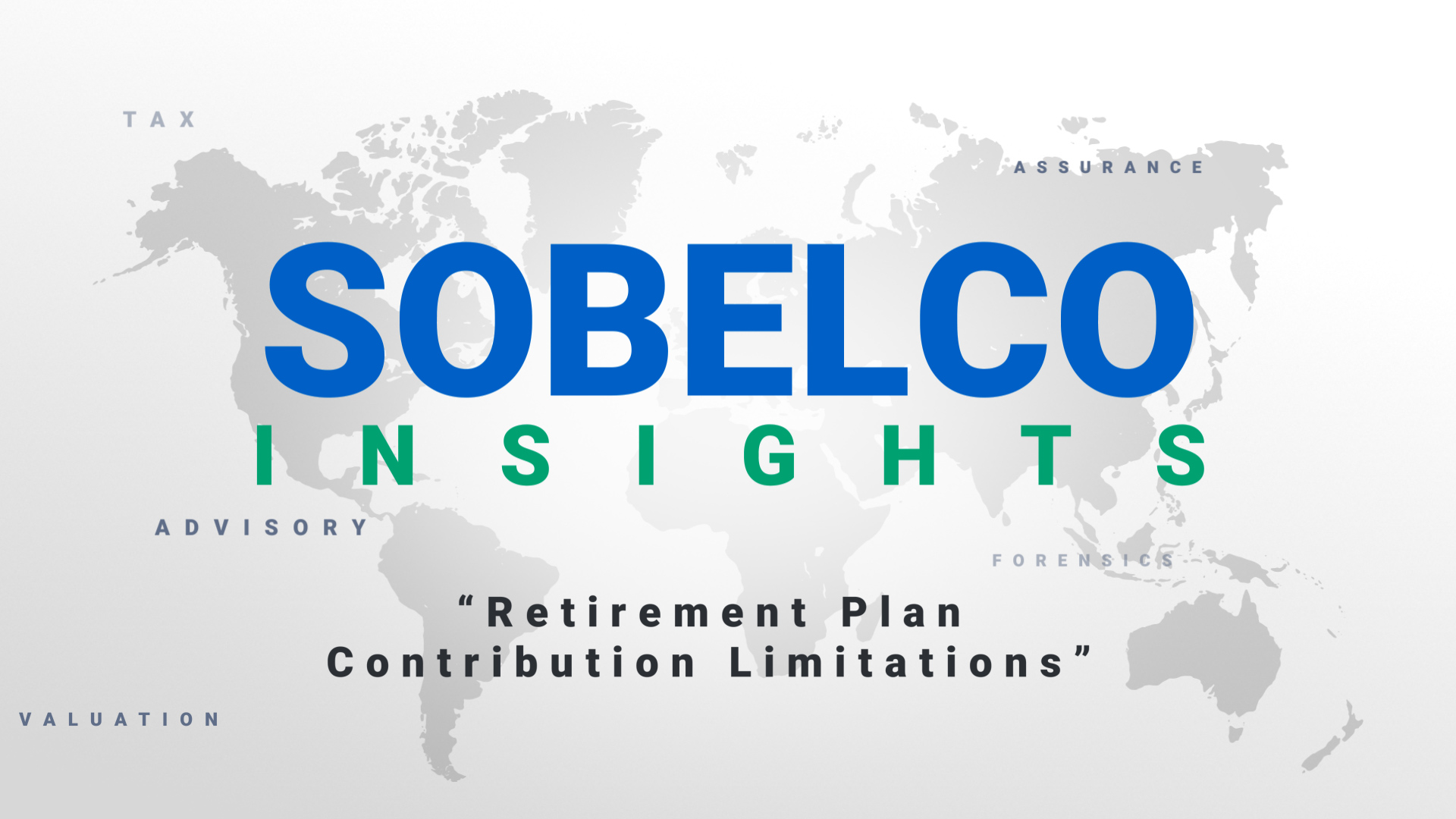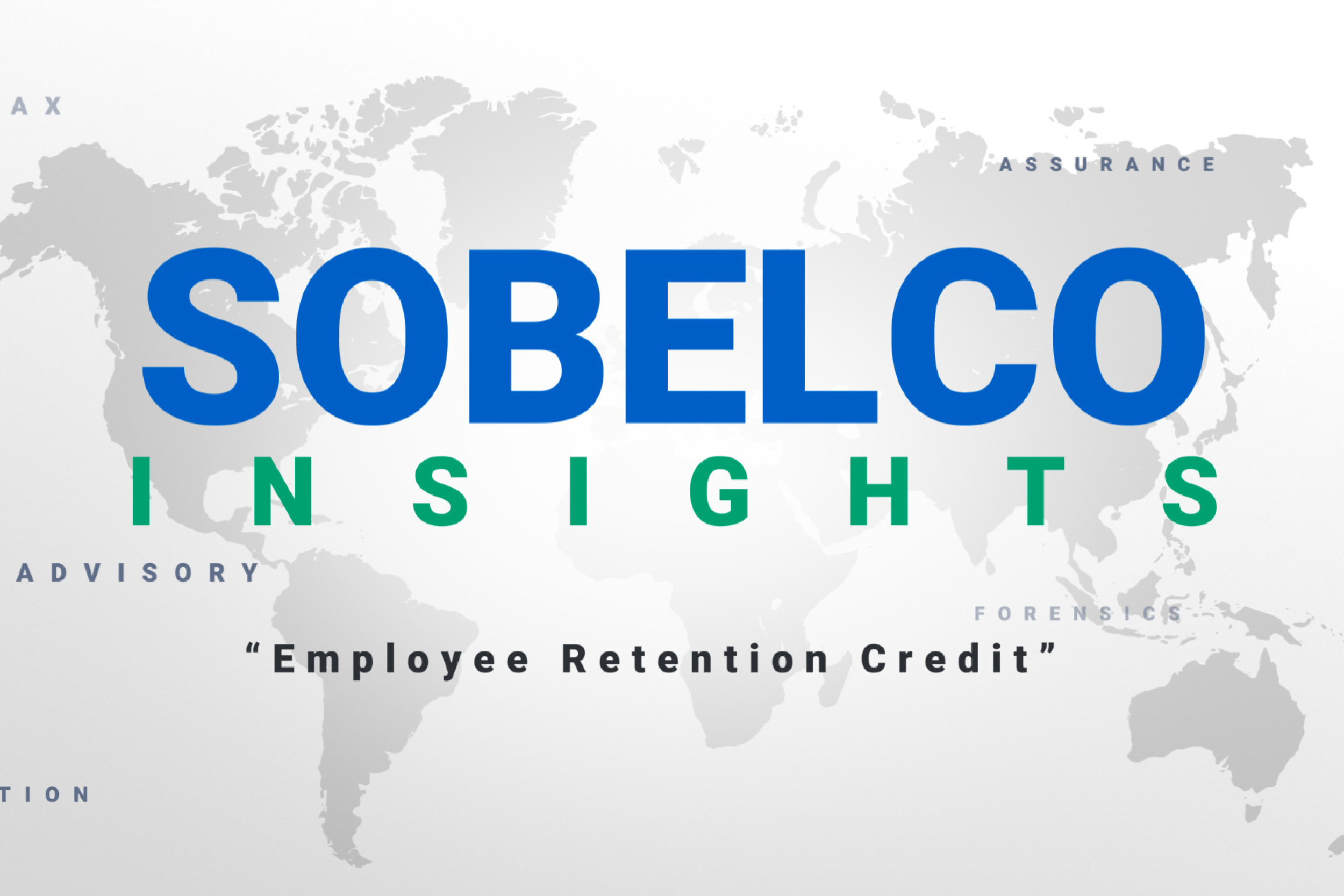
On April 9, 2020, the IRS announced in Notice 2020-23 that it has expanded relief for other tax filing and payment deadlines.
The tax deadline to FILE and PAY taxes associated with any return originally due between April 1, 2020 and before July 15, 2020 are now automatically postponed until July 15, 2020. This is an automatic postponement that does not require any additional filings or documentation to qualify for this relief. Forms included in this postponement are: Form 1040, 1120, 1065, 1041,706 (estate tax payment), 709 (gift tax payments and returns), 8971, 990-T, and 2020 estimated tax payments. The relief includes not just the specified forms, but also all schedules, returns and other forms filed as attachments, such as schedule H, schedule SE, and Forms 3520, 5471, 5472, 8621, 8858, and 8938.
If a taxpayer requires additional time to file past July 15, 2020, they will need to file an application for Automatic Extension of Time to file by completing the applicable forms (i.e. Form 4868 for Individuals, Form 7004 for Corporations, etc.). The taxpayer’s extension date may not exceed the original statutory or regulatory extension date. For example, if an individual needs more time to file, they would file Form 4868, Application for Automatic Extension of time to File U.S. Individual Income Tax Return, no later than July 15, 2020 in order to request an extension of time to file by October 15, 2020.
The period beginning on April 1, 2020 and ending July 15, 2020, will be disregarded in the calculation for interest, penalty or addition to tax for failure to file the forms or make payments that are temporarily postponed by Notice 2020-23. Such amounts will accrue starting on July 16, 2020.
Report of Foreign Bank and Financial Accounts (FBARs) are due April 15, 2020, however a taxpayer who fails to file will automatically receive an extension to October 15, 2020.
As of this writing, CT, NJ, NY, PA, and 36 states (40 total) have followed the Federal ruling and revised filing and payment due dates for income tax returns from April 15, 2020 to July 15, 2020 and four have other due dates. The link below will provide details for all states.
Source:
NOTE: While the states of CT, NY, and PA have followed the Federal extensions of time pay 2020 1st and 2nd quarter estimated taxes, New Jersey has only granted an extension for the 1st quarter estimates to July 15, 2020. Not all states have granted these additional extensions. We have included more details in the source links or you can contact your tax advisor for more details on other states not listed here.
Other Extensions of Time to File and Pay
Sales Tax: In the past, some states, have been known to give taxpayers more time to file and remit sales tax in the wake of natural disasters or other unforeseen events. With COVID-19 now officially declared a national emergency, the following 16 states have implemented a tax filing extension and released guidance for taxpayers:
Alabama, California, Colorado, Connecticut, District of Columbia, Florida, Louisiana, Massachusetts, Maryland, Michigan, Minnesota, Mississippi, North Carolina, New York, Pennsylvania, South Carolina, Vermont, Virginia (must apply), Wisconsin
New Jersey deadline to provide 2019 Forms 1094-C or 1095-C to tax division extended to May 15, 2020 for COVID-19
The New Jersey Treasury Department announced that the deadline for providing a Form 1095 health coverage form to the New Jersey Division of Taxation is extended from March 31, 2020 to May 15, 2020.
As we previously reported, New Jersey employers must provide the New Jersey Division of Taxation with a 2019 Form 1095-B or 1095-C health coverage form for each primary enrollee who was a New Jersey resident and to whom the filer provided minimum essential coverage in 2019. This applies to both part-year and full-year New Jersey residents. (EY Payroll Newsflash Vol. 20, #098, 7-23-2020.)
Employers must ensure that each primary enrollee who was a New Jersey resident or part-year New Jersey resident in 2019 receives at least one Form 1095 that includes health coverage information. Sending a single 1095 to each primary enrollee is sufficient for both state and federal purposes. Employers do not have to send separate Forms 1095 to spouses, dependents, or adult children of primary enrollees.


